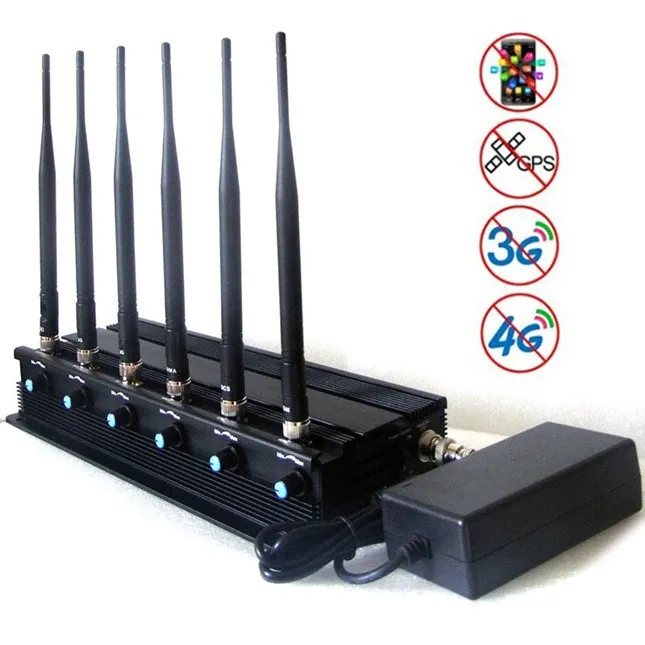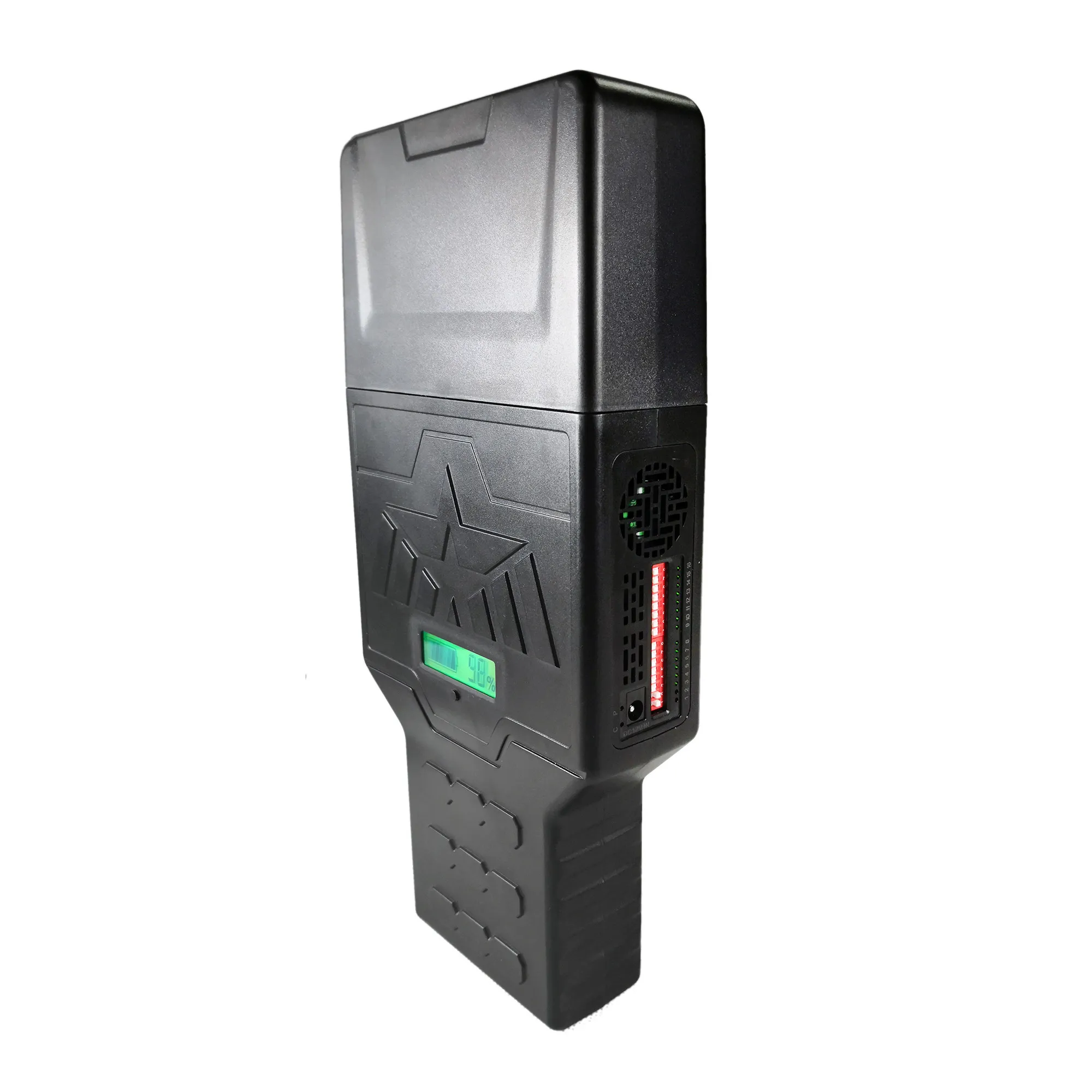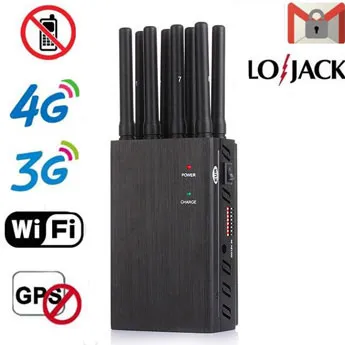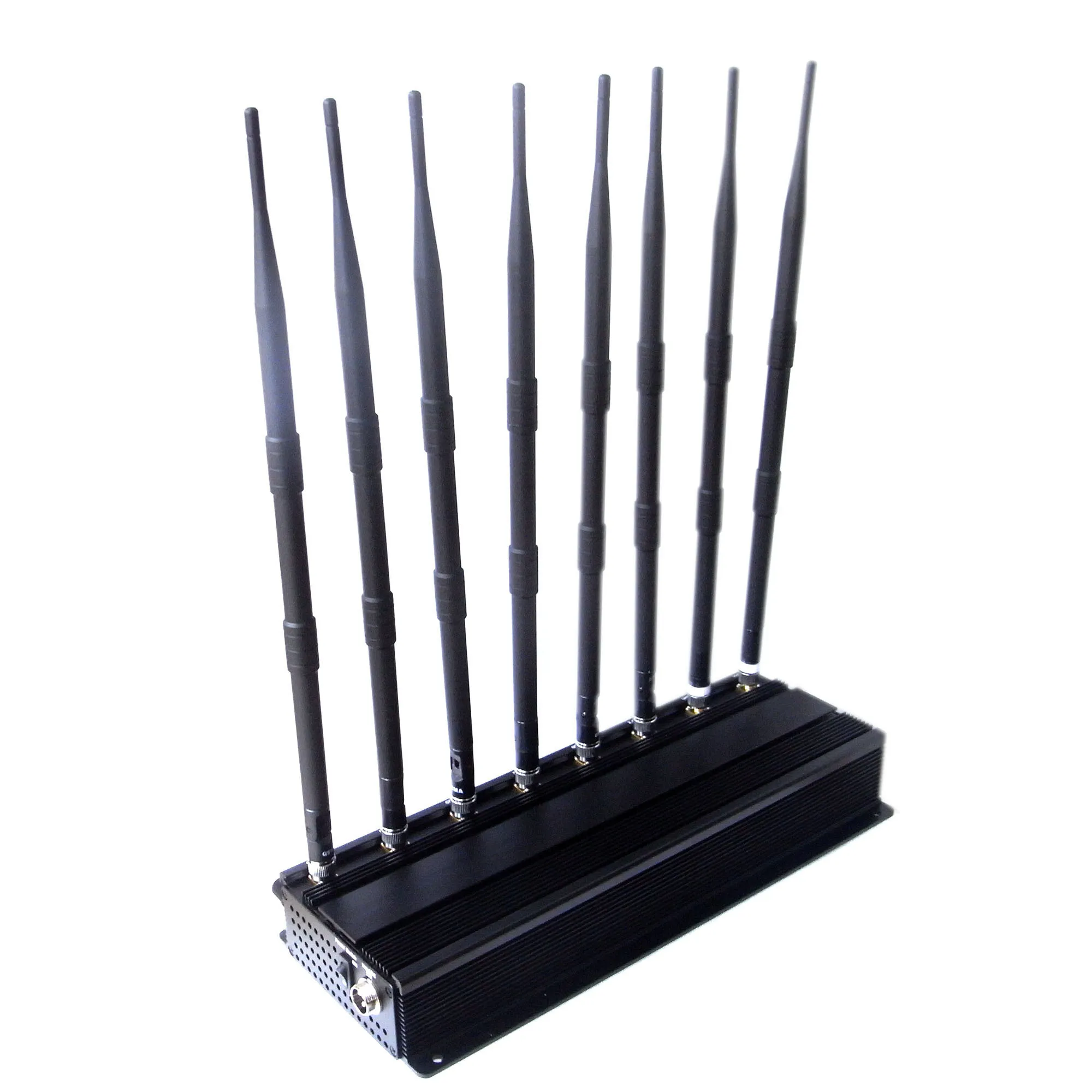
Since January 1, 2018, Switzerland and many EU countries/regions have strictly prohibited the import and possession of mobile jammers. Since the previous ban only applied to their sale and use in the market, regulations on these devices (also called "blockers" or "jammers") have been strengthened. Jammers can be dangerous because they block all cellular communications and make emergency calls impossible. In most cases, advertisements for such devices are deceptive: they give the impression that their use is legal, and they cannot clearly show that even possession is illegal.
In the past, expensive and bulky cell phone jammer were limited to offsetting mobile phone traffic in the GSM 900 MHz band, which is the result of technological development. They are becoming smaller and cheaper, and can now destroy a large part of the spectrum. For some models, not only mobile phone frequency bands (GSM, UMTS, LTE, etc.), but also positioning systems (GPS, Glonass, Galileo, etc.), data transmission networks (WLAN, RLAN, WiMax, etc.) or wireless alarm systems are disturbed. Usage has also evolved. Although the devices were previously only used to prevent cell phone calls in trains, restaurants or movie theaters, they are now also used for criminal activities: the theft of cars or trucks that transport valuable goods (by deactivating the location of the vehicle),
The spread of human interference makes it necessary to strengthen the law: with the amendments to the Telecommunications Law (FMG) that came into effect on January 1, 2018, man-made imports and owner-manufactured interference are prohibited. The manufacture, provision, placing on the market, debugging, construction and operation of these equipment should also be punished.
The use of mobile phone jammers is strictly prohibited, because it not only causes inconvenience to users of the radio spectrum and encourages criminal activities, but also may cause serious consequences for security. In this way, emergency calls can be blocked in the event of an accident or an alarm to emergency services, such as the fire brigade, police or ambulance. This may also cause serious problems in the civil aviation industry, with increasing use of global navigation satellite systems (GNSS) to improve navigation performance and air traffic control monitoring activities.
It looks different in prison. Detainees use mobile phones to organize criminal activities or plan outbreaks. Another example is the resolution of explosives that can be detonated by radio. FMG clearly stipulates that prison and police authorities can use cell phone jammer systems to prevent nearby cell phone calls. The operation of this system must be approved in advance by OFCOM.










